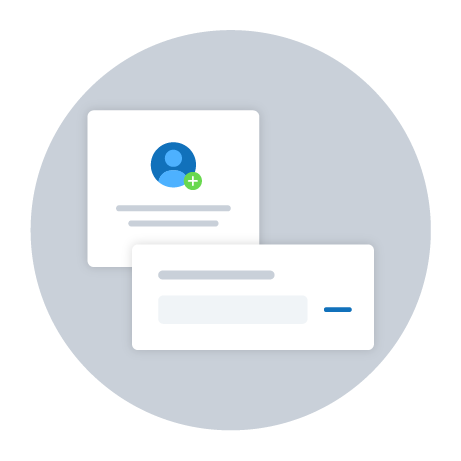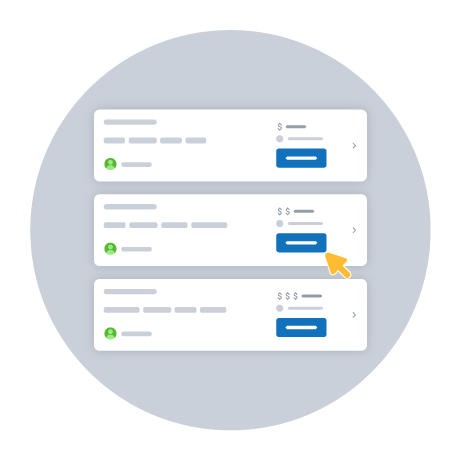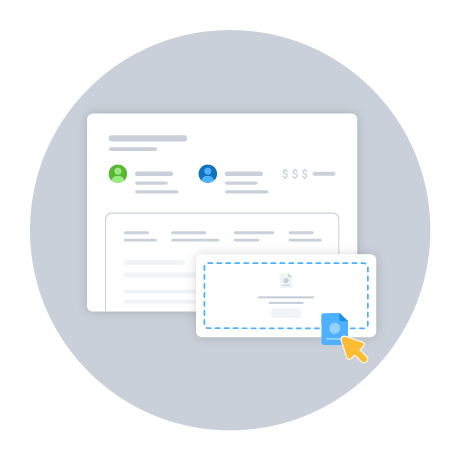
Voices is Your Source for English to German Translator Jobs
Do you want to use your English and German skills to make money as a translator? Voices has the opportunities for you to take your translation skills to the next level while being paid to do so.
You can find different types of English to German translator jobs on Voices, including script translation, dubbing, and translating audiobooks. Brands from around the world need translators as they expand into new German markets, and they turn to Voices to secure professional translations to ensure that their work is compelling and properly localized.
The range of translation work available also allows you to work in a speciality. Some translators on Voices focus on audiobook translations, while others prefer to work on television and movie scripts. Focusing on a handful of industries allows you to become an expert in relevant vocabulary, written styles, and project types.
The Skills You Need to Become a Successful Translator
Before you look for work as an English to German translator, make sure you're proficient in both languages and can incorporate regional variations of the language based on the needs of the project. It’s also important to take into account the output of the project you’re translating—is it written text or is it going to be performed out loud? Your translation may change based on that information.
The ability to localize your content is also an important skill of every successful translator. Just like project specificities will impact your translation, the intended audience will also be an important factor in your translation choices.
The Relationship Between English and German Languages
Both English and German fall under the Germanic language family, which means they share many elements. English words like ‘angst,’ ‘rucksack,’ and ‘pretzel’ all come from German, and there are many other German words in the English language.
Even words that aren't identical between languages look and sound similar. But there are some false cognates where words look similar but are quite different. Also, German doesn't use silent letters while English does.
Over 1.3 billion people speak English either as a first or second language. English is often the first language in countries such as the United States, Canada, the United Kingdom, Ireland, Australia, and New Zealand. Other current and former British colonies also speak English. Many countries in Europe and around the world teach English as a second language.
German has about 95 million speakers all over the world, and Europe is where it's most popular. Countries where German is spoken include Germany, Belgium, Austria, Luxembourg, Switzerland, and Liechtenstein. People also speak German in countries like the United States, Russia, and Namibia. Overall, German is a first language for people in over 40 countries around the world.
Why Choose Voices for Your Translation Career
If you want to translate between English and German, Voices is a great place to find work. You can secure jobs from companies all over the world and in various industries. Experienced translators use Voices to diversify their income streams and improve their skills.
Using Voices, you can work as a translator from anywhere, control your schedule, and easily find projects that fit your interests and skills, while focusing on the important work of translation.



